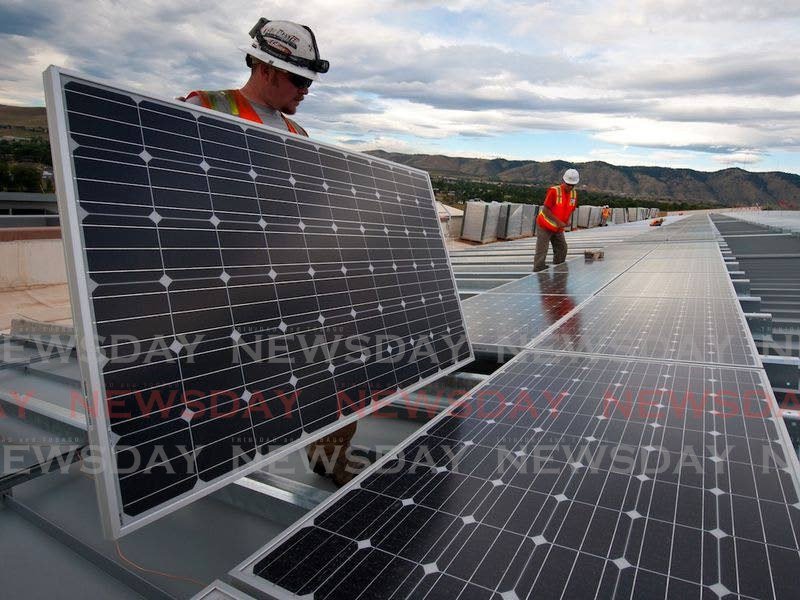Banking on change in the Caribbean

In December, Dr Dillon Alleyne, the deputy director of the Caribbean headquarters of the UN’s Economic Commission for this region, issued a stinging rebuke of the banking sector.
“Every year they report vast amounts of profits,” he said. “There is no incentive along the lines of innovation. These are oligopolies. And that’s the problem. Commercial banks are not the vehicle for development.”
It may well be that the lessons learned from the 2008 financial crisis have been learned too well. It should stimulate growth, but some feel stringent prudential regulations do not lead to any real economic activity. Meanwhile, the unbanked are increasing, the role of central banks waning.
Little wonder Mia Mottley’s call to banks last week. The Barbados prime minister urged financial institutions to take more risks as the region comes closer to being one of the poorest in the world.
“We have become as risk-averse as is humanly possible,” she observed. She said some “believe they should undertake projects in the way that a man wears a belt and suspenders and a hoist to keep his pants up.”
The Caribbean is still recovering from the economic impact of the unprecedented hurricane season of 2017. And, according to the World Bank, while TT’s economic growth averaged slightly more than eight per cent per year between 2000 and 2007, GDP growth has cooled since due to the sharp decline in oil and gas prices. GDP contracted by two per cent in 2017 and one per cent in 2018, and is expected to contract by 0.5 per cent 2019. The economy is expected to recover at a modest pace between 2019 and 2021.
However, the Caribbean Development Bank projects regional economic growth to increase to 4.2 per cent in 2020, up from one per cent in 2019, fuelled largely by growth in Guyana where oil production is coming on stream. At the same time, rural poverty levels are rising. There’s a clear sense of a need for a shake-up. Perhaps desperate times call for desperate measures.
“We can choose a different road,” Mottley said.
One such road is renewable energy. According to First Citizens CEO Karen Darbasie, the financial sector is willing to partner with companies on developing renewable energy projects and determining if they are bankable in the long term. But there are barriers.
“We are speaking about an energy policy for the Caribbean," she said. "But we have capital across the Caribbean that we need to holistically be able to bring to the table and not have the cross-border restrictions of having the capital move from one jurisdiction to the other to be able to facilitate the investments of projects."
The Caribbean is transitioning, walking a tightrope between harnessing major hydrocarbon opportunities, while advocating for climate change because of the impact of rising sea levels on its small-island developing states. There’s an opportunity for us to be at the forefront of climate change mitigation, while still using our resources for development. But that needs deeper regional cooperation and greater initiative from the banking sector.


Comments
"Banking on change in the Caribbean"